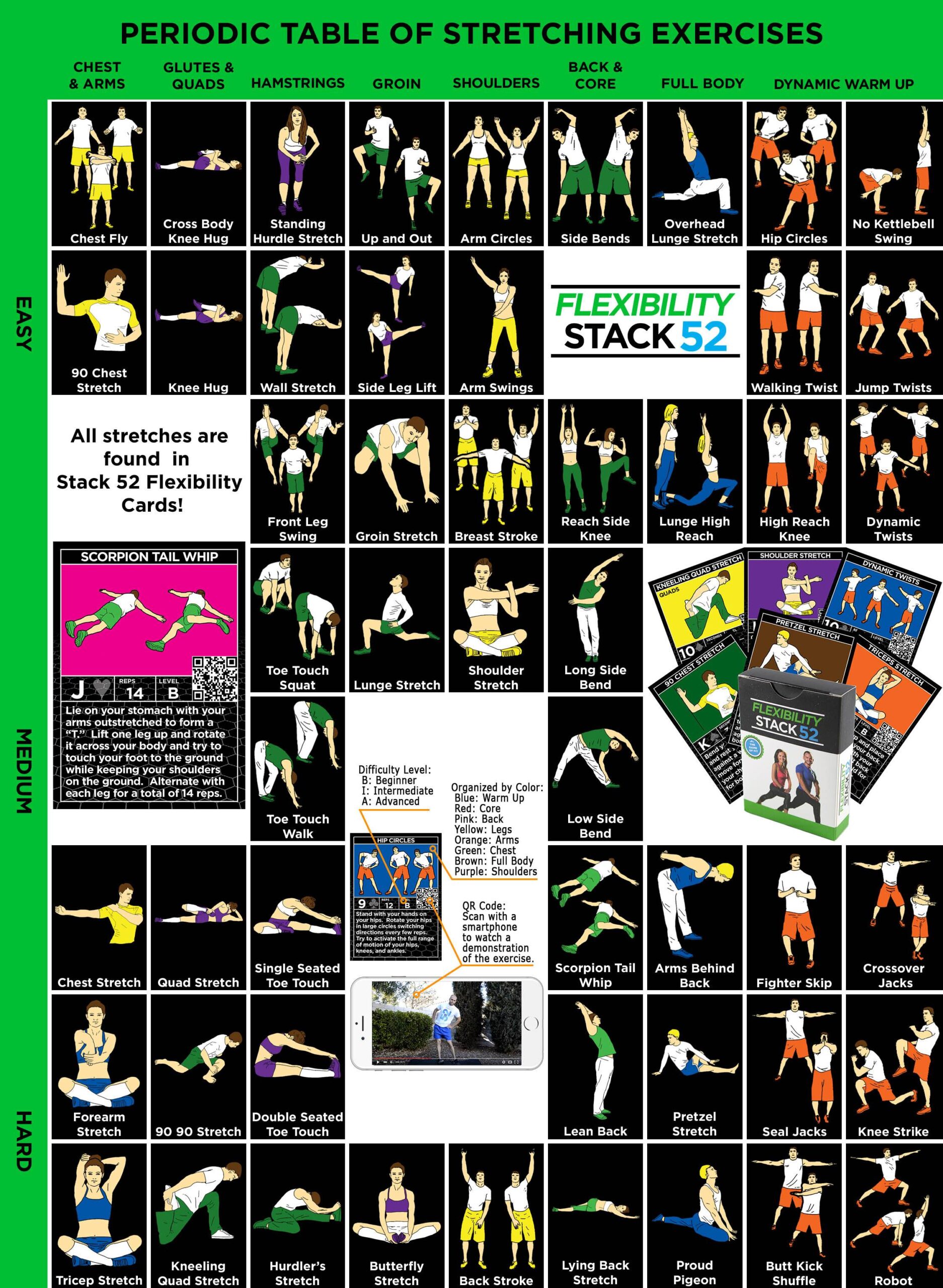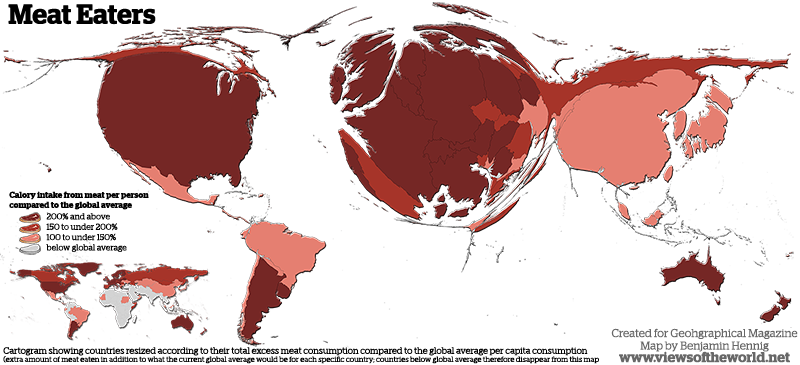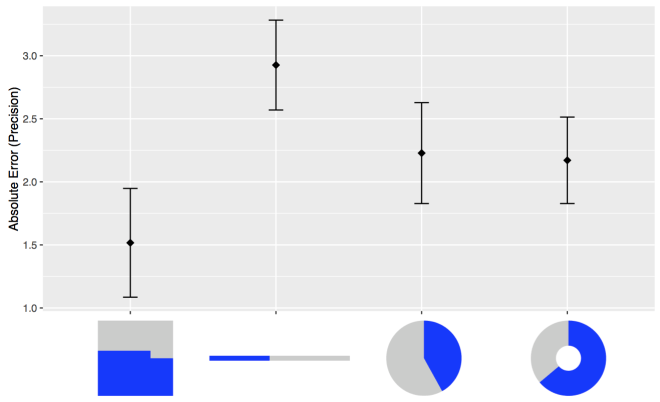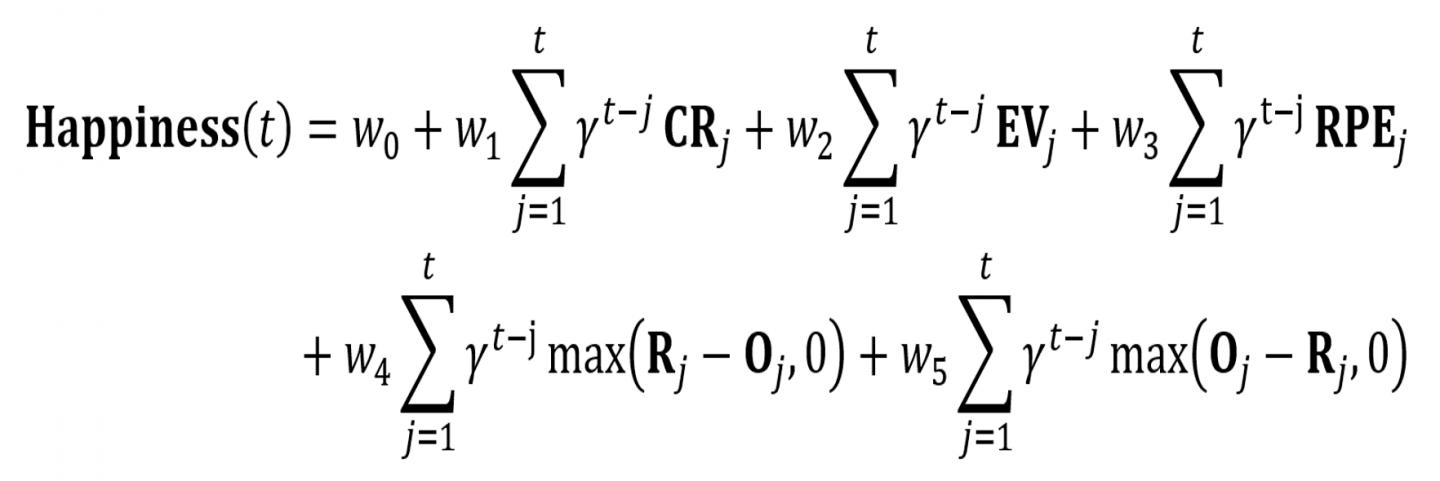“It’s well known that people can improve their aerobic endurance through training,” says senior author Ronald Evans, Howard Hughes Medical Institute investigator and holder of Salk’s March of Dimes Chair in Molecular and Developmental Biology. “The question for us was: how does endurance work? And if we really understand the science, can we replace training with a drug?”
Developing endurance means being able to sustain an aerobic activity for longer periods of time. As people become more fit, their muscles shift from burning carbohydrates (glucose) to burning fat. So researchers assumed that endurance is a function of the body’s increasing ability to burn fat, though details of the process have been murky. Previous work by the Evans lab into a gene called PPAR delta (PPARD) offered intriguing clues: mice genetically engineered to have permanently activated PPARD became long-distance runners who were resistant to weight gain and highly responsive to insulin — all qualities associated with physical fitness. The team found that a chemical compound called GW1516 (GW) similarly activated PPARD, replicating the weight control and insulin responsiveness in normal mice that had been seen in the engineered ones. However, GW did not affect endurance (how long the mice could run) unless coupled with daily exercise, which defeated the purpose of using it to replace exercise.
In the current study, the Salk team gave normal mice a higher dose of GW, for a longer period of time (8 weeks instead of 4). Both the mice that received the compound and mice that did not were typically sedentary, but all were subjected to treadmill tests to see how long they could run until exhausted.
Mice in the control group could run about 160 minutes before exhaustion. Mice on the drug, however, could run about 270 minutes — about 70 percent longer. For both groups, exhaustion set in when blood sugar (glucose) dropped to around 70 mg/dl, suggesting that low glucose levels (hypoglycemia) are responsible for fatigue.





